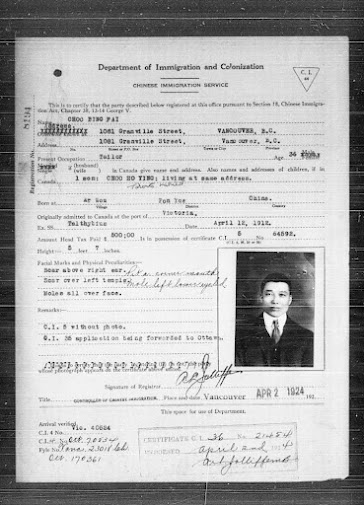Across more than twenty chapters, Future Horizons explores the past, present, and future of digital humanities research, teaching, and experimentation in Canada. Bringing together work by established and emerging scholars, this collection presents contemporary initiatives in digital humanities alongside a reassessment of the field’s legacy to date and conversations about its future potential. It also offers a historical view of the important, yet largely unknown, digital projects in Canada.
Future Horizons offers deep dives into projects that enlist a diverse range of approaches—from digital games to makerspaces, sound archives to born-digital poetry, visual arts to digital textual analysis—and that work with both historical and contemporary Canadian materials. The essays demonstrate how these diverse approaches challenge disciplinary knowledge by enabling humanities researchers to ask new questions.Introduction
The collection challenges the idea that there is either a single definition of digital humanities or a collective national identity. By looking to digital engagements with race, Indigeneity, gender, and sexuality—not to mention history, poetry, and nationhood—this volume expands what it means to work at the intersection of digital humanities and humanities in Canada today.
1. Digital Canadas? Transforming the Nation — Sarah Roger and Paul Barrett
Part 1. Situating and Disrupting Digital Scholarship
2. Where Is the Nation in Digital Humanities, Revisited — Roopika Risam
3. Rerouting Digital (Humanities) Scholarship in Canada — Andrea Zeffiro
4. Closed, Open, Stopped: Indigenous Sovereignty and the Possibility of Decolonial DH — David Gaertner
5. “This Game Needs to be Made”: Playable Theories ⇌ Virtual Worlds — Jon Saklfoske
6. Reimagining Representational Codes in Data Visualization: What Contemporary Digital Humanities Might Learn from Visual Arts-Based Disciplines — Julia Polyck-O’Neill
7. Making, Conversation: An Experiment in Public Digital Humanities — Kim Martin and Rashmeet Kaur
Part 2. Digital Poetics
8. Canadian Poetry and the Computational Concordance: Sandra Djwa and the Early History of Canadian Humanities Computing — Sarah Roger, Paul Barrett, and Kiera Obbard
9. Canadian Poetry and the Computer — Sandra Djwa
10. “saga uv th relees uv human spirit from compuewterr funckshuns”: Space Conquest, IBM, and the Anti-digital Anxiety of Early Canadian Digital Poetics (1960–1968) — Gregory Betts
11. From the Digits to the Digital: Bodies in the Machines of Canadian Concrete Poetics — Eric Schmaltz
12. Nations of Touch: The Politics of Electronic Literature as Digital Humanities — Dani Spinosa
13. STOP WORDS — Klara du Plessis
Part 3. Digital Canadian Archives
14. Wages Due Both Then and Now — Pascale Dangoisse, Constance Crompton, and Michelle Schwartz
15. Analog Thrills, Digital Spills: On the Fred Wah Digital Archive version 2.0 — Deanna Fong and Ryan Fitzpatrick
16. Humanizing the Archive: The potential of Hip-Hop archives in the digital humanities — Mark Campbell
17. Sounding Digital Humanities — Katherine McLeod
18. Unsettling Colonial Mapping: Sonic-Spatial Representations of amiskwaciwâskahikan — Kendra Cowley
19. Beyond “Mere Digitization”: Introducing the Canadian Modernist Magazines Project — Graham H. Jensen
20. “A Legacy of Race and Data: Mining the History of Exclusion” — Allan Cho and Sarah Zhang



